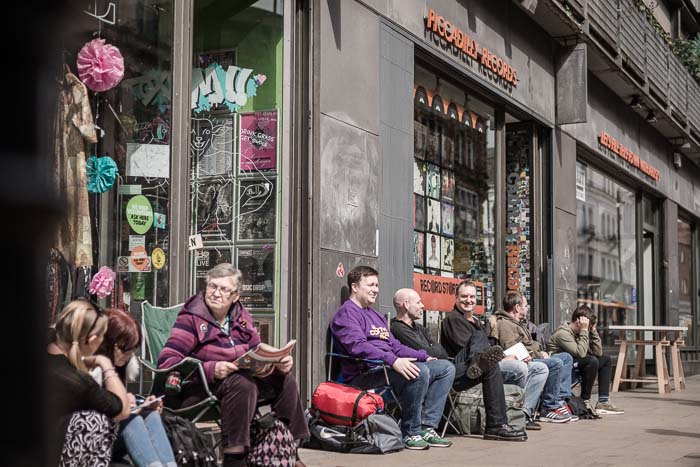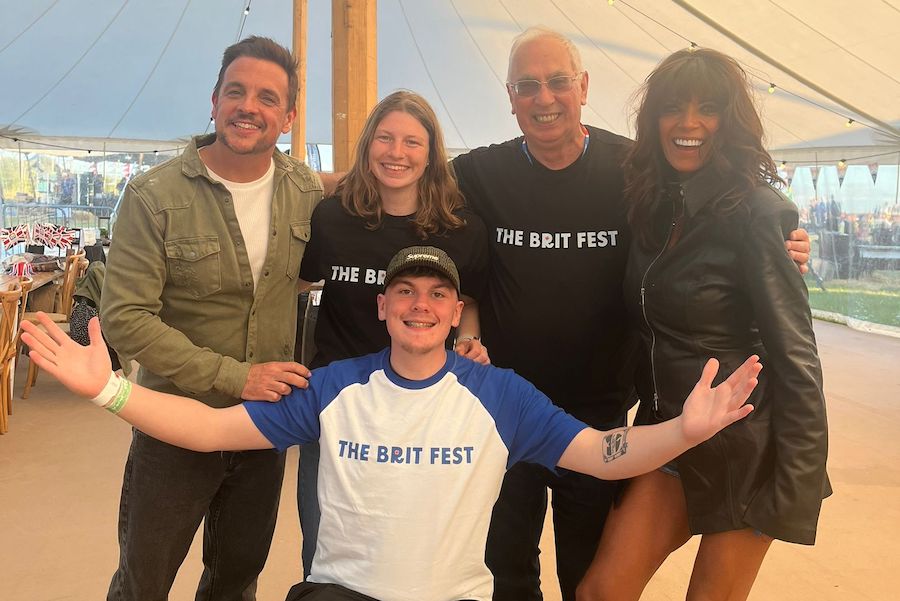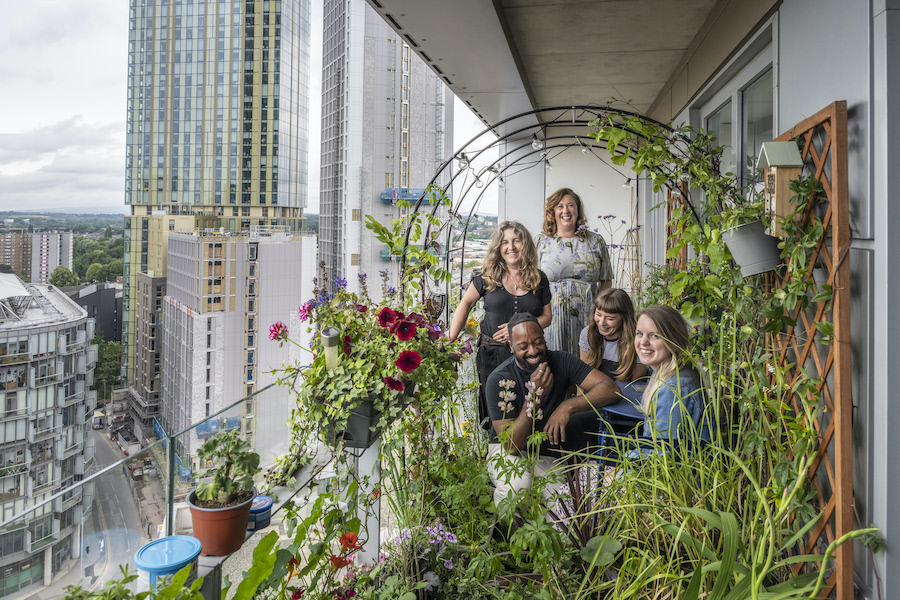11 years an icon: Manchester’s music scene needs more small venues like The Deaf Institute
- Written by Georgina Pellant
- Last updated 6 years ago
- City of Manchester, Food & Drink, Music, Nightlife
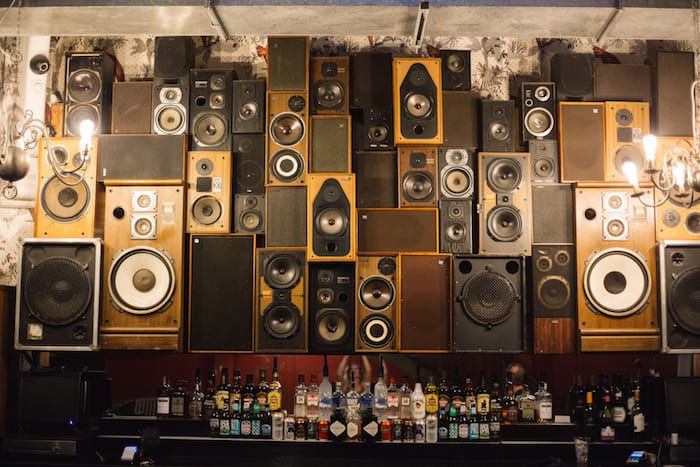
Whilst people are always talking about Manchester bands, significantly less time is given to celebrating our venues.
It’s a shame, especially considering a spate of closures in the past few years that have seen us say goodbye to once-iconic Manchester clubs like Sankeys, Antwerp Mansion and Sound Control.
Indeed, over the past ten years, the news of venue closures across the country has made for depressing reading with more than 40 percent having shut their doors for good, citing issues such as licensing laws, increased business rates and property development.
So, considering that today marks the Deaf Institute’s 11th birthday, we thought it only appropriate to shine a light on one of our favourite inner-city gig venues.
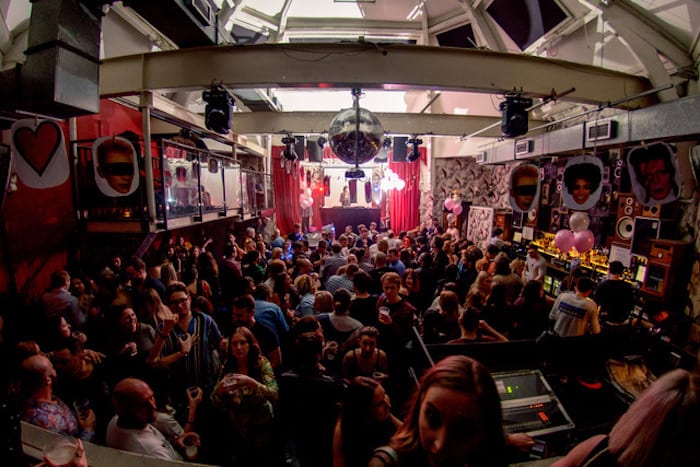
Regarded as one of the best small music venues in the country, The Deaf Institute has had shout outs aplenty over the years from the Guardian, Time Out and the NME.
It’s hosted a solid procession of world class talent, garnering a reputation for itself as an arty space with a booking policy that’s been way ahead of the curve since day dot.
And it has been instrumental in bringing some of today’s biggest names in music to play Manchester during the early stages of their career, introducing The XX, Peace, Marmozets, Warpaint, Dutch Uncles, Cate Le Bon, and Kate Tempest and many more to our fair city over the years.
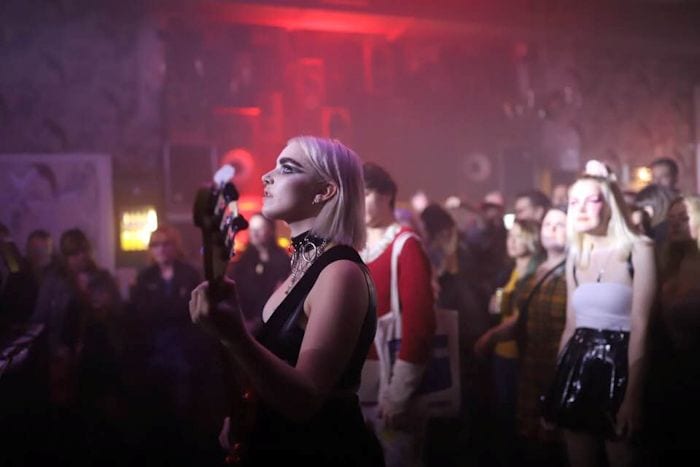
Alongside numerous brilliant gigs, it’s also acted as a home to long-running Manchester club nights such as Pop!, Gold Teeth, Juicy and Girls On Film.
Frequented by Manchester’s coolest music promoters and underground bands, it’s been considered the go-to place in Manchester for cutting edge hipster indie for a long time now. Playing a set there is considered a rite of passage by many aspiring Manchester musicians.
It even played home to promoters Now Wave for a few years, helping them build the foundations that would ultimately lead to them opening their own venue, YES.
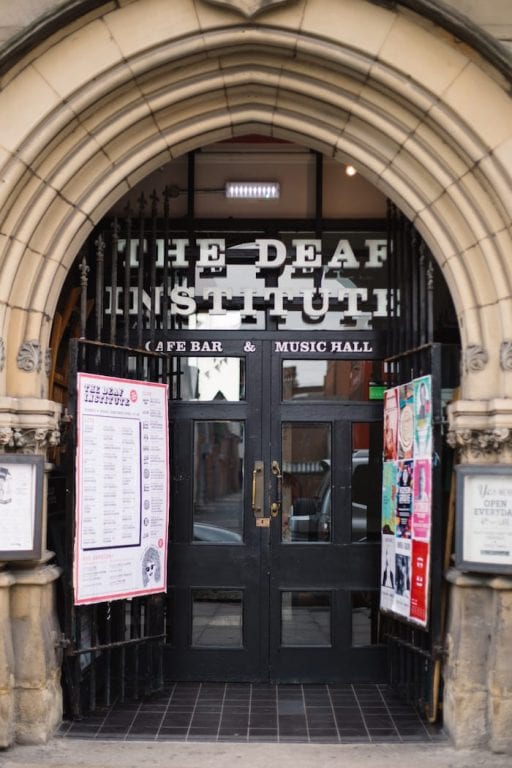
Split over three floors, the venue itself is housed in a stunning Grade II listed Victorian building that – as the name suggests – once acted as a sanctum for Manchester’s deaf and dumb community.
Designed by architect John Lowe, it was completed in 1877 at a cost of £6,000 (roughly £700,000 in today’s money) under the direction of Andrew Patterson, the late headmaster of the Old Trafford School for the Deaf and Dumb, and was opened on June 8th in 1878 by a Bishop Fraser.
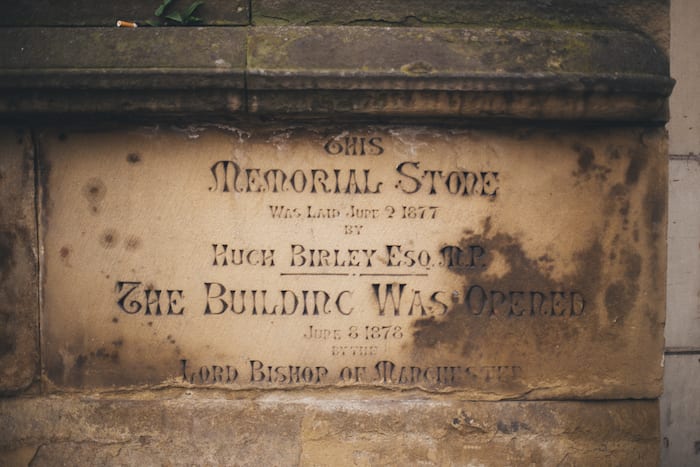
Until its closure in the mid-20th century, the Institute played a pivotal role in the lives of Manchester and Salford’s deaf and dumb community.
According to a copy of the Silent Worker (a popular national newspaper among the deaf population of the United States during the 1900s), on completion the institute boasted “one of the prettiest chapels arranged in amphitheatre form to be found outside a college, a large club and reading room, a smoking room and general offices.”
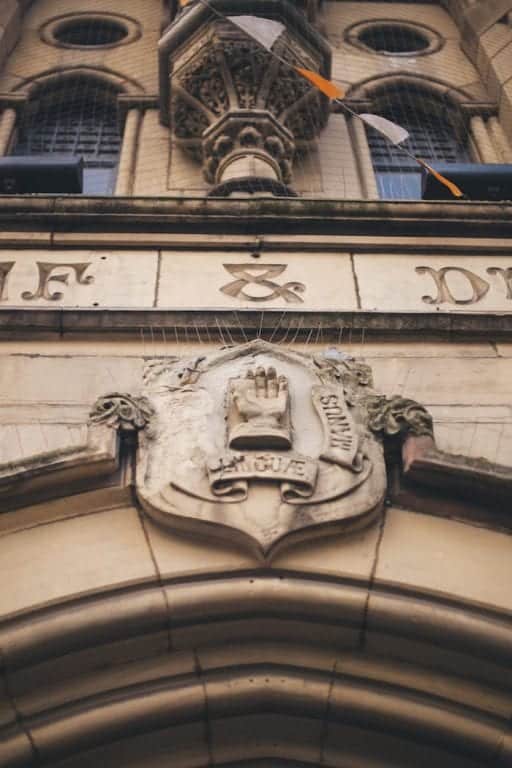
It sounds grand, with a basement all set to hold a gymnasium and talk of installing a billiards table for members of the community to use, too.
But by the time Trof got their hands on it in 2006, the old Institute had long fallen into dereliction.
Following two years of painstaking restorations, it reopened in 2008 with its gothic arches, iron gates and stained-glass windows still intact.
Owner Joel Wilkinson dropped the ‘dumb’ from the name – to save causing offence – and it was reintroduced to Manchester as the Deaf Institute we know and love today.
The old gymnasium became a moody bar come green room (for when big acts came to town), whilst the amphitheatre-style chapel was converted into a purpose built music hall complete with a wall of hi-fi speakers, giant glittering disco ball and that amazing parrot wallpaper.
Later, a small apartment was installed on the top floor next to the music hall for visiting bands to use and stay in, with access via a back staircase allowing for bigger bands to load in and out without getting mobbed.

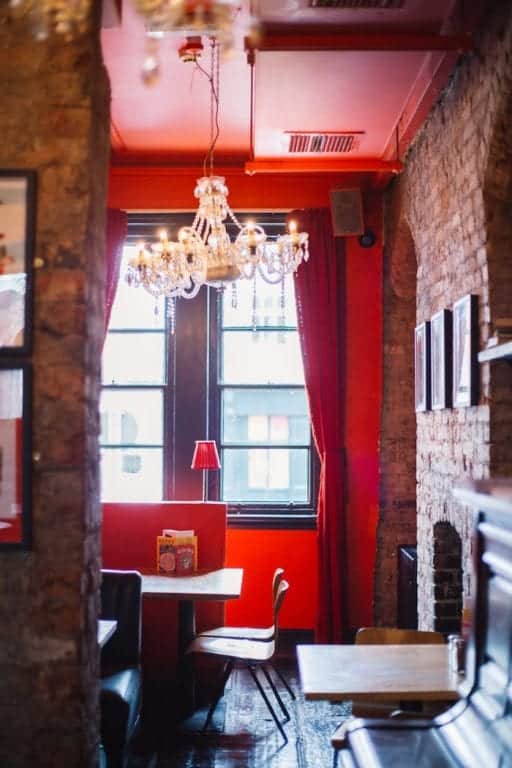
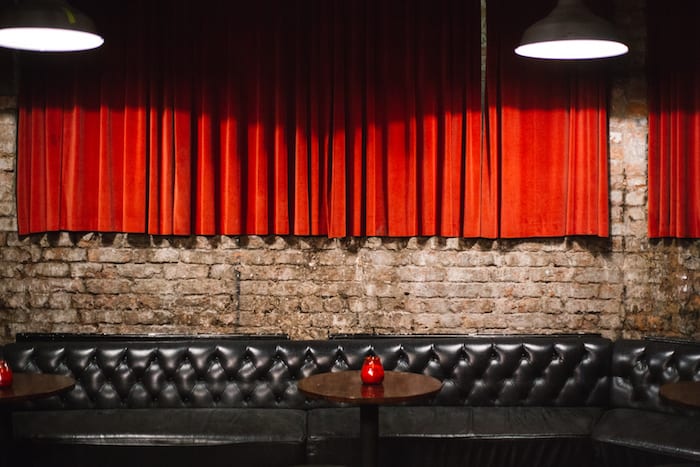
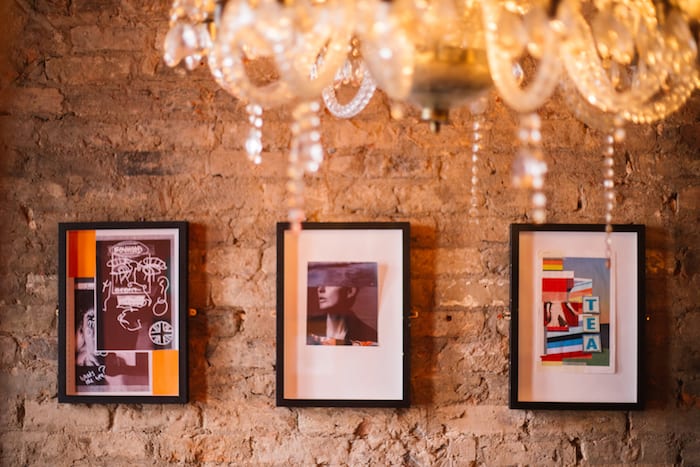
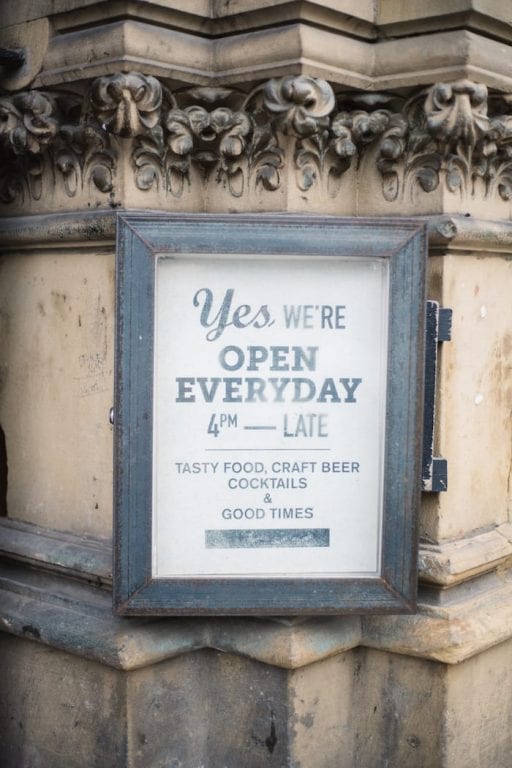
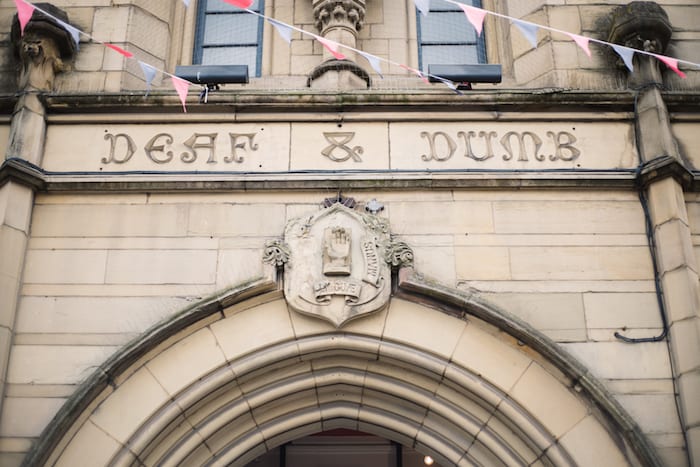

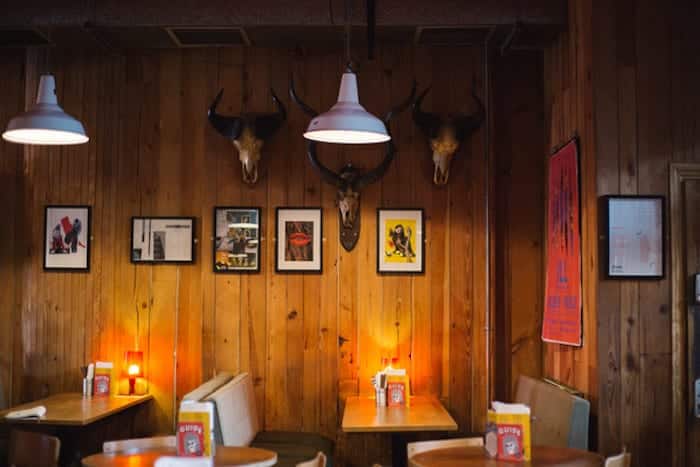
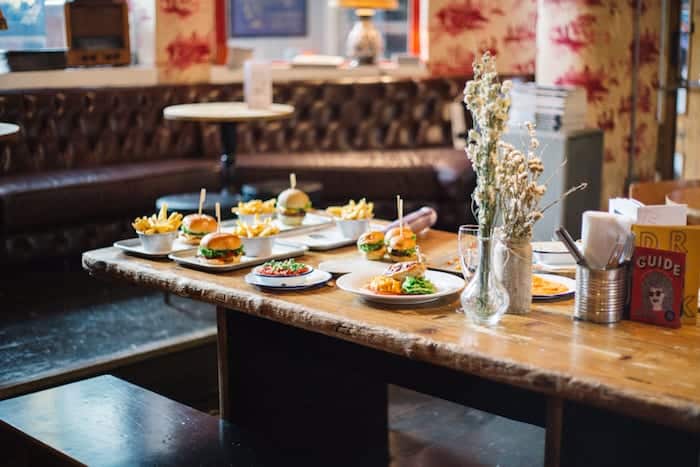
It’s not just a great music venue. Over the years it’s gained a solid reputation as a dining destination, too, with the main floor functioning nicely as a bar come restaurant come dance floor, depending on what’s going on that evening.
Ever-popular with Manchester’s student population thanks to its close proximity to the Oxford Road corridor, in 2014 the Deaf Institute closed its doors once again before relaunching seven weeks later with a new food and drink concept.
It’s ahead of the crowd not just on music but on dining trends too. Whilst most restaurants in Manchester are just catching up on the plant-powered trend now, Trof launched their first vegan menu in 2016. Today, 80% of the dishes on their menu are vegan.

Alongside serving up daily vegan chefs specials, plant-based favourites from their kitchen include loaded nachos, mac ‘n cheese, seitan burgers, loaded hot dogs and 100% vegan ice cream.
Eleven years on, it’s still a firm favourite in Manchester for gigs, for dining, even just for a pint. And we’re dead pleased.
After all, independent small venues are the backbone of Manchester’s music scene. We dread to think where Manchester music would be without them.
This weekend, The Deaf Institute celebrates its 11th birthday with a big bash. There will be 2-4-1 on food, cheap drinks and a clothing stall in the main bar from Kala MCR. At 11pm, the music hall will open for a night of disco with the legendary Greg Wilson joining Bombard Groove and Me Gusta residents. Free entry before 11pm, £5 after.
- This article was last updated 6 years ago.
- It was first published on 5 June 2019 and is subject to be updated from time to time. Please refresh or return to see the latest version.
Did we miss something? Let us know: press@ilovemanchester.com
Want to be the first to receive all the latest news stories, what’s on and events from the heart of Manchester? Sign up here.
Manchester is a successful city, but many people suffer. I Love Manchester helps raise awareness and funds to help improve the lives and prospects of people across Greater Manchester – and we can’t do it without your help. So please support us with what you can so we can continue to spread the love. Thank you in advance!
An email you’ll love. Subscribe to our newsletter to get the latest news stories delivered direct to your inbox.
Got a story worth sharing?
What’s the story? We are all ears when it comes to positive news and inspiring stories. You can send story ideas to press@ilovemanchester.com
While we can’t guarantee to publish everything, we will always consider any enquiry or idea that promotes:
- Independent new openings
- Human interest
- Not-for-profit organisations
- Community Interest Companies (CiCs) and projects
- Charities and charitable initiatives
- Affordability and offers saving people over 20%
For anything else, don’t hesitate to get in touch with us about advertorials (from £350+VAT) and advertising opportunities: advertise@ilovemanchester.com
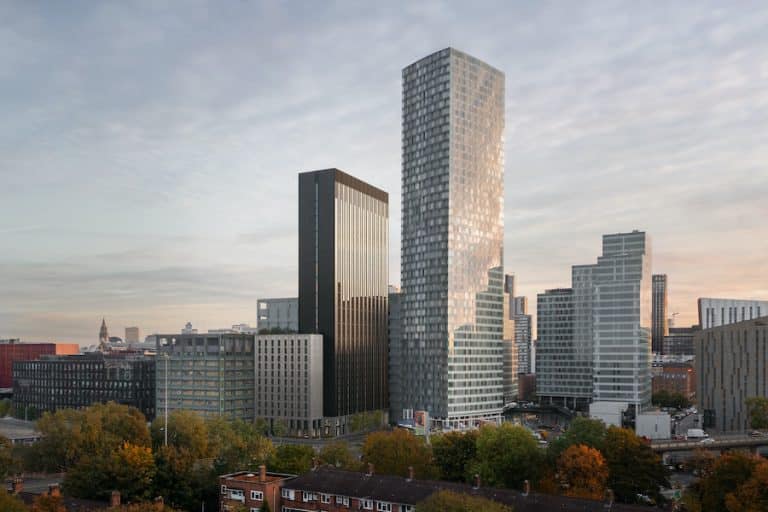

The Manc aerobics queen who trained the Corrie cast is helping raise charity cash
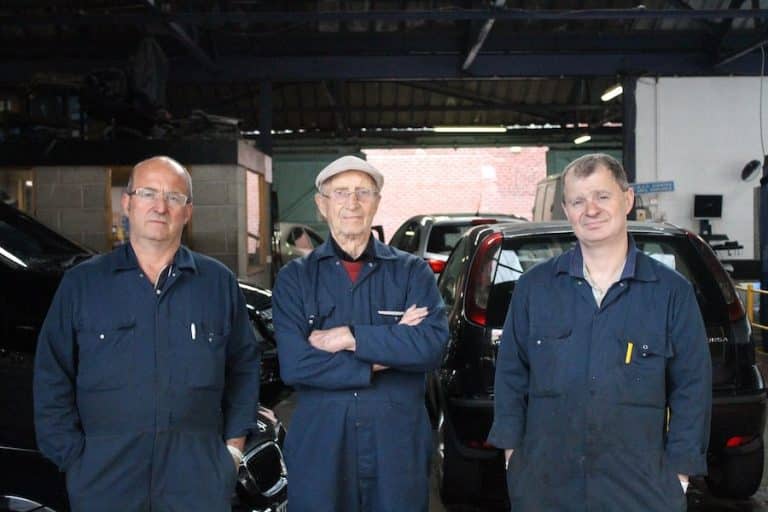
Ancoats to get even cooler as independent market set for MOT garage site

“Manchester is not Britain’s second city, it’s the first” – Jeremy Clarkson
